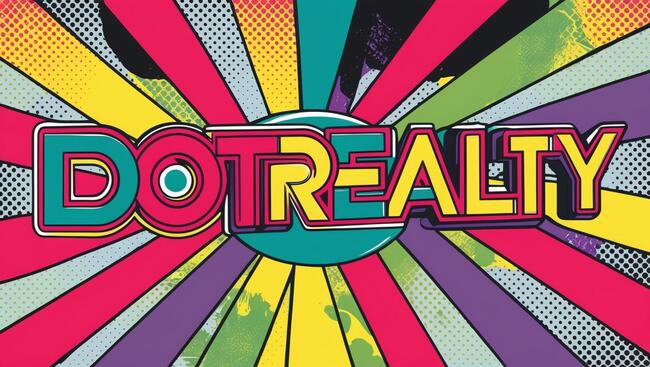Discover how AI, voice search, and SEO are transforming real estate agent recruitment in 2025. This in-depth guide from MNKY.agency CEO Stu Hill breaks down the AIVSO-ready recruiting workflow — a smarter, scalable system for attracting, nurturing, and onboarding agents with precision and personality.
🧠 How Real Estate Agents Can Get Listed as the Local Expert in AI (AIVSO)
A step-by-step guide for real estate agents to get listed as the local expert in AI platforms, voice assistants, and search engines using AIVSO.
Recruit Real Estate Agents With GEO
Discover how Generative Engine Optimization (GEO) can help your brokerage attract and engage top-performing real estate agents. Learn how to structure your recruitment content for visibility in AI-generated search results from tools like ChatGPT and Google AI Overviews. Stay ahead of the curve and grow your team with smart, AI-ready...
GEO Explained: How to Optimize Content for AI Search
Discover how to make your content stand out in AI-generated search results. This guide to GEO explains how to structure your pages for visibility in tools like ChatGPT, Google AI Overviews, and Perplexity. Learn the difference between GEO and SEO, and how to future-proof your content for large language models...
How I Use AI to Use AI Better
One of the most genius tricks I’ve tried this year is to first ask AI how to better ask it how to do something, before I ask it to do something. Slight tongue-twister, but it does sound simple, right? But this genius small shift in approach can lead to dramatically...
How to Tell If Something Was Written by AI
As AI-generated content becomes more common, knowing how to recognize it is becoming a valuable skill. In this post, we explore the subtle signs that give AI writing away—from overly polished grammar to a lack of real-world insight—and share tips to help you read between the (machine-written) lines.
Real Estate Agent Recruitment Trends in 2025
In 2025, real estate brokerages are transforming their recruitment strategies to attract top real estate agents. Discover how MNKY.agency is leading the way with innovative approaches, including omnichannel recruitment, AI optimization, and data-driven strategies. Learn about the latest trends in virtual brokerages, training programs, DEI initiatives, and technology integration. MNKY.agency's...
Should You Use AI Images in Your Content? (I Tried It)
I recently experimented with using AI art in my blog posts and uncovered some surprising pros and cons. From copyright concerns to potential SEO impacts, this post explores the exciting possibilities and lingering questions surrounding AI images in content creation. Join the conversation and share your thoughts!
The Turing Test: Still Relevant in the Age of AI?
Despite its age, the Turing Test still sparks debate about whether machines can truly think and the ethical implications of today's advanced AI. Alan Turing, the father of computer science, proposed a deceptively simple test in 1950: if a machine could converse so convincingly that a human couldn't distinguish it...














